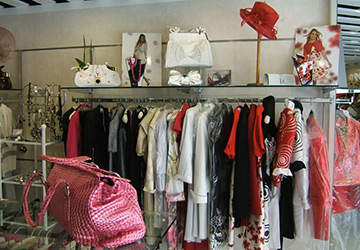News from mystyle.decorexpro.com/en/
Why Conscious Consumption Is Not Always Good
Conscious consumption is a very capacious concept, it includes the right choice of food, planned shopping, rational housekeeping and many other aspects of life and consumption. Today it is an important skill and knowledge for a cultured person.
Therefore, blogs are created on the topic of conscious consumption, and popular media publish interviews with people who have conducted an experiment such as a year without shopping, a minimum of things in a wardrobe, a life in a minimalist style. People share their discoveries and experiments. I also wanted to share my acquired knowledge ...
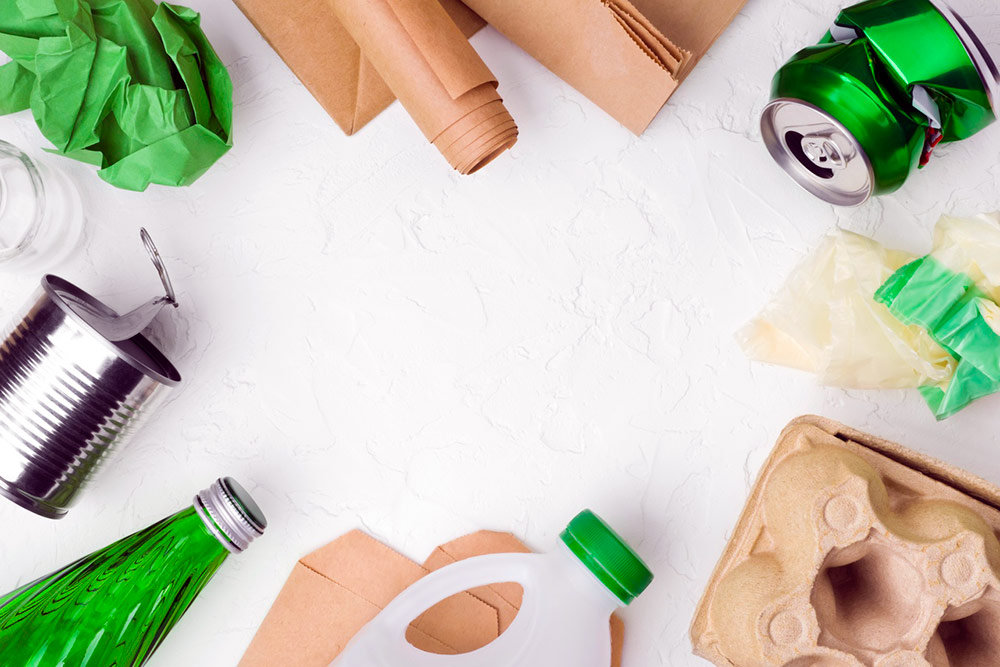
My experience of conscious consumption
1. Once a year, I make an inventory of the wardrobe and, in general, in my large household. If some things have not been used for years, I donate them to a charity or to a church.
2. I'm not in a hurry with purchases. There is no point in completely abandoning purchases, you just need to take your time, be able to count and ask the right questions. How necessary is this thing, how can it be useful in life and work? Is this the best offer or can you find it cheaper? Today is not a time of scarcity, so the best thing is money. It is easy to buy, but to sell later is much more difficult.
3. I buy the most expensive, high-quality and glorious things. It may seem like a contradiction, but in fact, when you want to introduce conscious consumption into your life, you need to buy the best. Fashion bags from famous brands, even after several years of careful use, you can sell for good money.
Apple smartphones, tablets and laptops also sell much better than the gadgets of Chinese companies. Even Samsung equipment loses much more in price, and if we talk about smartphones from other companies, they turn into trash in 1-2 years and they can only be presented to a child or sold for a penny.
Buying expensive items allows you to enjoy the best, get the best results and experience. If you are careful, then things can be sold and some part of the money returned in order to buy new ones even better.

4. Shopping list and wishes. Before buying, I write down the object of desire in the list, where it is for a while, sometimes a year or longer. From time to time I read and think how much this thing is needed and reflect on the choice. Sometimes such a list helps to make the right choice, this is especially true for technology. When you want to buy new equipment, you need to know more about it. The same goes for furniture purchases, refurbishments, big travel - the list provides an opportunity to gather more knowledge and make a more informed purchase.
5. Avito. I use Avito and ebay.com to sell things. Almost all things on Avito are sold within 1-2 days, for some of them a lot of people call, you can arrange an auction. I put an auction on ebay.com with a minimum starting price and never regret it. Once the item was sold at a symbolic price, but this is an accident.
6. Recyclable materials and time. An important aspect in wise consumption is the materials from which things are made, as far as they can be reused.
Most adherents of the new ideology carefully study things before buying for the possibility of reusing materials. This takes a lot of time, so that rare shopping can take no less time than those who buy everything without hesitation. We must remember that time is the most expensive resource in a person's life!
Modern technologies make it possible to recycle most of the materials, it is just that it is not profitable for most manufacturers. Business primarily thinks about how to make the cost of goods to a minimum.Therefore, choosing products based on the principle of disposal and recycling of materials, we do not change anything.

My principle is that it is better not to think about materials at all, but to buy the highest quality and most expensive things. Usually the best things are made from the best materials, and most importantly, they last longer, and then they are sold and transferred to serve other people.
If desired, manufacturers can recycle all recycled items, but for this there must be laws that put concern for the environment above the profit of corporations. So far, only a talking shop is being conducted in this direction. American and Chinese corporations think only about the benefits, and they use laws to put pressure on competitors and oust them from the market.
Most organizations like Greenpeace are 99 percent enthusiastic and dedicated to making the world a better place. But these organizations are used by large corporations to influence competitors and entire states, while they themselves remain in the shadows and continue their activities. Therefore, it is difficult to assess which is more of a benefit or harm from Greenpeace.

Spiritual Aspects of Conscious Consumption
It is important to understand that conscious consumption is not a rejection of many needs and not limiting oneself in everything. Reasonable consumption should make life better, easier and bring more calculation and benefit to our budget. A total refusal of purchases and minimal consumption is only suitable for real monks who have decided to devote themselves to the spiritual life.
Until the spiritual comes first in your life, refusing to shop and being restricted will be discouraging. At first it will be easy and interesting, time will be freed up and there will be more money, but then a negative impact will begin.
The universe is arranged in such a way that energy and money are given for tasks. If your needs are minimal, and you often say to yourself, “I don’t need anything,” this will quickly affect work and life. Fewer and fewer opportunities will come to you, and then laziness will develop. Why work hard, and in general, why work if I already have everything?
Conscious consumption is a real art, you need to constantly monitor your thoughts so that refusal and restrictions do not go to harm. Everything seems simple, but when changes in thoughts occur gradually - over the years, it is easy to overlook the changes in the bad direction.

Who is ready for conscious consumption?
Most people, before talking about conscious consumption, need to instill the principles of elementary culture in all aspects of life. If you look around, you can see that people live like cattle, they are thoughtless even about their health. What kind of healthy eating can we talk about if many people live their entire lives in slavery to bad habits?
What is the importance of ecology for those who smoke cigarettes, drink alcohol and eat all kinds of nasty things? The behavior of such people resembles a virus or parasite that settles in the body, devours it from the inside until it is completely exhausted, and then, when the host dies, they themselves die with it.
If a person is thoughtless about his health, what kind of reasonable consumption can we talk about. Why protect nature if a person destroys himself?
Before learning to consciously consume things and respect nature, people need to learn a reasonable attitude towards their body and soul.
When the ideas of conscious consumption take possession of an unprepared person, he will begin to change his lifestyle, but this often does not make him more cultured and wiser. Belonging to the conservation movement in untrained people almost always leads to vanity, pride and conceit.
As a result, such a person limits himself in everything and is proud of these achievements, as if he is better than those around him. Such personalities look pitiful and at the same time funny, they can be found on thematic forums on the Internet, where they live, like some new kind of humanoids. What is the use of such conscious consumption?
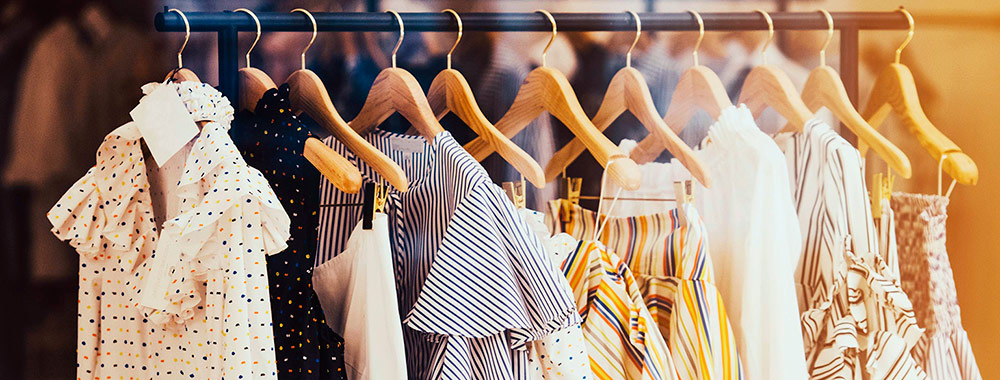
Comments and Reviews
Add a comment
Rating news
Shades of clothing that make women look younger
What shades of hair make women younger: rules and photos
Funny wedding dresses - photos and ideas
12 most expensive down jackets for the winter
How to look 25 at 40: tips from supermodels
Beautiful schoolgirls
Anti-aging haircuts and hairstyles for women
Fashionable skirts for autumn and winter
Fashionable women's trousers for the cold season
Fashionable and stylish sandals for summer 2024
Spring-summer 2024
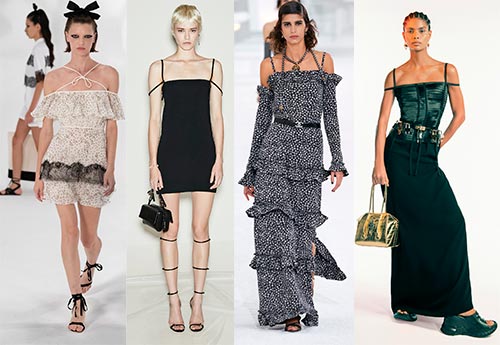 Fashionable dresses and tops with thin spaghetti straps
Fashionable dresses and tops with thin spaghetti straps
 Bandana tops: how to wear stylishly and beautifully
Bandana tops: how to wear stylishly and beautifully
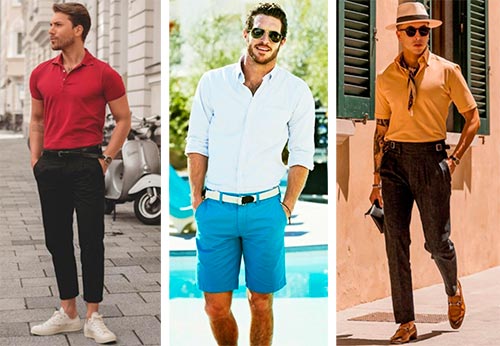 How to put together the perfect men's wardrobe for the summer
How to put together the perfect men's wardrobe for the summer
 Fashionable shorts for spring-summer 2024
Fashionable shorts for spring-summer 2024
 Fashionable skirts for spring-summer 2024: a guide to online shopping
Fashionable skirts for spring-summer 2024: a guide to online shopping
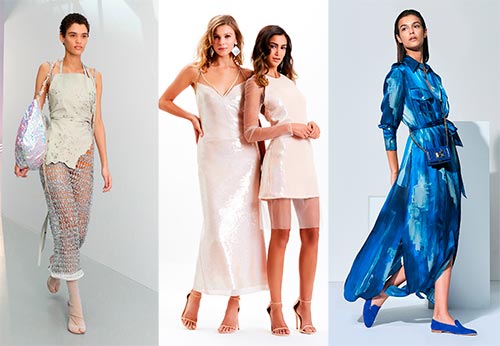 The most fashionable dresses spring-summer 2024: styles and colors
The most fashionable dresses spring-summer 2024: styles and colors
 Fashionable total look 2024: ideas of images and trends
Fashionable total look 2024: ideas of images and trends
